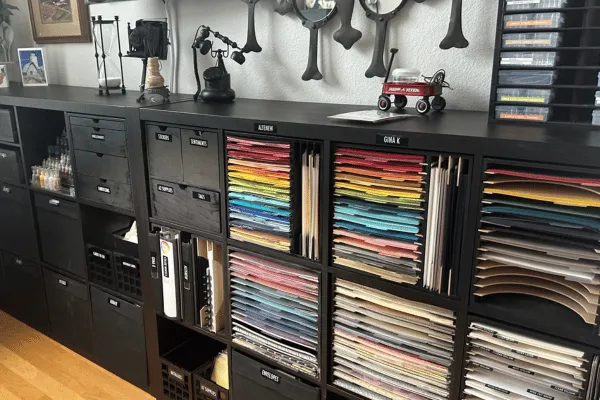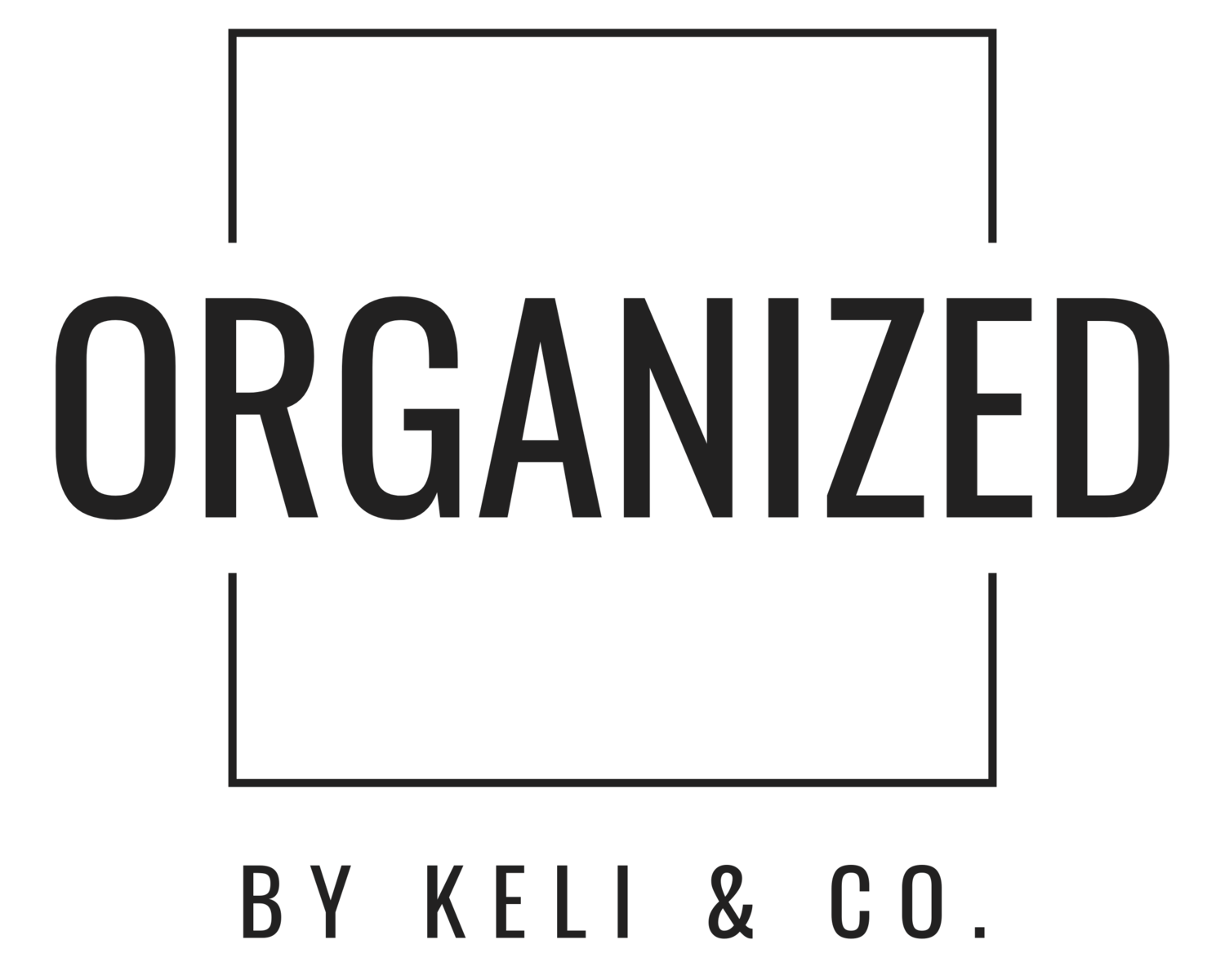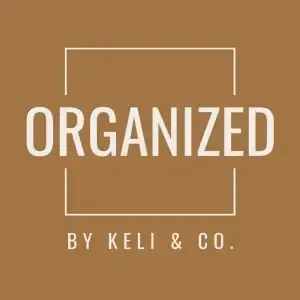Move In and Move out with Life
Matter Most
Our professional organizers can manage and transition so you can focus on what matter most
Save Energy
Save Time
Save your Sanity
Move In and Move out with Life
Matter Most
Our professional organizers can manage and transition so you can focus on what matter most
Save Energy
Save Time
Save your Sanity
Move In and Move out with Life
Matter Most
Our professional organizers can manage and transition so you can focus on what matter most
Save Energy
Save Time
Save your Sanity
Move In and Move out with Life
Matter Most
Our professional organizers can manage and transition so you can focus on what matter most
Save Energy
Save Time
Save your Sanity
KELI & CO
WELCOME TO THE BLOG

Why We Collect: The Psychology Behind the Things We Keep
At Organized by Keli & Co, we see a lot of things. Collections of china passed down through generations. Rows of designer shoes lined up like art. Drawers full of vintage matchbooks. Closets that tell a hundred stories. And almost always, there’s a reason those items are there—and a reason they’re hard to let go.
Whether it’s every shade of nail polish, every vinyl from a favorite era, or every Altenew ink (yes, we see you), the desire to collect isn’t random. It’s deeply human. I’ll be the first to admit—I get it. If you’ve ever done a consult or coaching session with me, you’ve likely seen my own collection of markers and art supplies peeking out in the background. I’m proud of them. They bring me real joy. They’re not just tools—they’re color, possibility, and creative permission all rolled into one.
So why do we collect?
Here are a few of the most common reasons we’ve seen—backed by psychology and lived experience.
1. We Crave Completion
Our brains are wired to complete patterns. It’s called the Gestalt Principle of Closure, and it explains why finishing a puzzle or collecting every book in a series feels so satisfying. A full set represents resolution—an emotional checkmark that says, “I did it.”

2. We Want Control in a Chaotic World
Life doesn’t come with neat edges. But a curated collection? That’s something we can control. Especially during life transitions—moves, divorces, new babies, career changes—collecting or holding onto things can feel grounding. It brings order to the unknown.
3. It Feels Good (Literally)
That little rush you get when you find the missing piece or add to your stash? That’s dopamine. The “feel-good” chemical that drives anticipation, motivation, and reward. Collecting taps into the same part of the brain that lights up with achievement. It’s not just satisfying—it’s chemical.

4. It Reflects Who We Are
Collections can be a form of self-expression. They remind us (and others) who we are or who we want to be. A closet full of vintage concert tees might say, “I value freedom and nostalgia.” A shelf of cookbooks might say, “This is my love language.” In that way, our collections are autobiographical.
5. We Fear Letting Go of Meaning
Sometimes, we keep things because we’re afraid that letting them go means letting go of the memory, the relationship, or the version of ourselves that item represents. That’s not clutter. That’s grief in disguise. And it’s worth honoring.

6. We Value the Hunt
It’s not always about having the thing—it’s about finding it. The search, the story, the serendipity of coming across something rare or perfect. That’s part of the joy. For some, the collection is really about the journey.
At OBK, we don’t believe in judgment. We believe in understanding. The things you collect—whether intentionally or by default—deserve a moment of reflection. What are they telling you? What version of you are they preserving?
And if you’re ready to release something (or make space for the next chapter of your story), we’re here for that, too. Not to force minimalism—but to help you create a home that reflects who you are now. Because sometimes, organizing isn’t just about letting go. It’s about making peace with what we’ve kept.
Warmly,
Keli

Why We Collect: The Psychology Behind the Things We Keep
At Organized by Keli & Co, we see a lot of things. Collections of china passed down through generations. Rows of designer shoes lined up like art. Drawers full of vintage matchbooks. Closets that tell a hundred stories. And almost always, there’s a reason those items are there—and a reason they’re hard to let go.
Whether it’s every shade of nail polish, every vinyl from a favorite era, or every Altenew ink (yes, we see you), the desire to collect isn’t random. It’s deeply human. I’ll be the first to admit—I get it. If you’ve ever done a consult or coaching session with me, you’ve likely seen my own collection of markers and art supplies peeking out in the background. I’m proud of them. They bring me real joy. They’re not just tools—they’re color, possibility, and creative permission all rolled into one.
So why do we collect?
Here are a few of the most common reasons we’ve seen—backed by psychology and lived experience.
1. We Crave Completion
Our brains are wired to complete patterns. It’s called the Gestalt Principle of Closure, and it explains why finishing a puzzle or collecting every book in a series feels so satisfying. A full set represents resolution—an emotional checkmark that says, “I did it.”

2. We Want Control in a Chaotic World
Life doesn’t come with neat edges. But a curated collection? That’s something we can control. Especially during life transitions—moves, divorces, new babies, career changes—collecting or holding onto things can feel grounding. It brings order to the unknown.
3. It Feels Good (Literally)
That little rush you get when you find the missing piece or add to your stash? That’s dopamine. The “feel-good” chemical that drives anticipation, motivation, and reward. Collecting taps into the same part of the brain that lights up with achievement. It’s not just satisfying—it’s chemical.

4. It Reflects Who We Are
Collections can be a form of self-expression. They remind us (and others) who we are or who we want to be. A closet full of vintage concert tees might say, “I value freedom and nostalgia.” A shelf of cookbooks might say, “This is my love language.” In that way, our collections are autobiographical.
5. We Fear Letting Go of Meaning
Sometimes, we keep things because we’re afraid that letting them go means letting go of the memory, the relationship, or the version of ourselves that item represents. That’s not clutter. That’s grief in disguise. And it’s worth honoring.

6. We Value the Hunt
It’s not always about having the thing—it’s about finding it. The search, the story, the serendipity of coming across something rare or perfect. That’s part of the joy. For some, the collection is really about the journey.
At OBK, we don’t believe in judgment. We believe in understanding. The things you collect—whether intentionally or by default—deserve a moment of reflection. What are they telling you? What version of you are they preserving?
And if you’re ready to release something (or make space for the next chapter of your story), we’re here for that, too. Not to force minimalism—but to help you create a home that reflects who you are now. Because sometimes, organizing isn’t just about letting go. It’s about making peace with what we’ve kept.
Warmly,
Keli



